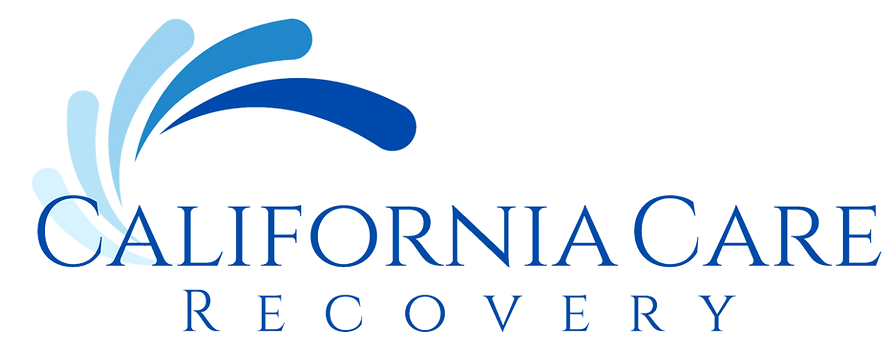Understanding Prednisone and Its Side Effects
Prednisone belongs to a class of medications called corticosteroids, designed to mimic the natural hormone cortisol in your body. This powerful medication works by suppressing your immune system and reducing inflammation throughout your body.
Your healthcare provider might prescribe prednisone to treat various conditions:
- Severe allergic reactions
- Rheumatoid arthritis
- Multiple sclerosis
- Lupus
- Asthma flare-ups
While it effectively manages these conditions, it can trigger significant side effects in your body. Common side effects you might experience include:
Physical Changes:
- Weight gain, particularly in your face and midsection
- Increased appetite
- Fluid retention
- Delayed wound healing
- Higher blood sugar levels
Mental and Emotional Impact:
- Mood swings
- Anxiety
- Sleep disturbances
- Difficulty concentrating
Immune System Effects:
- Higher risk of infections
- Slower response to illness
- Reduced ability to fight off bacteria and viruses
Your risk of experiencing these side effects typically increases with higher doses and longer treatment duration. Each person responds differently to prednisone, and you might experience some side effects more intensely than others.
If you or a loved one is facing challenges related to the use of prednisone or its side effects, it’s essential to seek professional help. You can contact us at California Care Recovery for support and guidance on your journey towards recovery. We are available 24/7 to assist you with any inquiries or concerns you may have.
The Impact of Alcohol on Prednisone Side Effects
Alcohol creates a dangerous combination when mixed with prednisone, triggering multiple adverse reactions in your body. The interaction between these substances can intensify prednisone’s side effects and create new health risks.
Key Body System Impacts:
- Immune System Suppression: It naturally weakens your immune system, while alcohol further compromises immune function. The combined effect leaves you highly vulnerable to bacterial and viral infections.
- Gastrointestinal Distress: This combination can lead to stomach lining inflammation, increased risk of ulcers, severe acid reflux, and potential internal bleeding.
- Blood Sugar Disruption: Prednisone raises blood glucose levels, and alcohol interferes with blood sugar regulation. This poses a risk of dangerous blood sugar fluctuations, particularly for diabetic patients.
Your liver faces an additional burden when processing both substances simultaneously. This organ typically prioritizes alcohol metabolism, which can affect how your body processes it, potentially leading to:
- Decreased medication effectiveness
- Extended presence of prednisone in your system
- Increased risk of liver strain
The combination can also cause unexpected spikes in blood pressure, putting additional stress on your cardiovascular system. These effects become more pronounced with higher alcohol consumption and longer-term prednisone use.
If you or someone you know is struggling with alcohol abuse, it’s crucial to seek professional help. Facilities such as those offering alcohol rehab in Orange County provide essential support and resources for recovery. Additionally, understanding the need for drug and alcohol detox can be an important step towards regaining control over your health and well-being.
Other Side Effects Aggravated by Alcohol While on Prednisone Treatment
Alcohol consumption during treatment intensifies several mental and physical side effects you might experience. The combination creates a significant impact on your emotional well-being, potentially triggering:
- Increased depression risk: Prednisone can alter your mood patterns, while alcohol acts as a depressant. This combination amplifies feelings of sadness, hopelessness, and emotional instability
- Heightened anxiety levels: You might experience more frequent panic attacks and persistent worry when mixing these substances
- Severe mood swings: The unpredictable emotional shifts common with prednisone become more extreme with alcohol use
Physical symptoms also worsen when you combined it alcohol:
- Sleep disruption: Related insomnia becomes more severe, as alcohol interferes with your natural sleep cycles
- Muscle weakness: The medication’s effect on muscle strength deteriorates further when combined with alcohol’s impact on muscle function
- Weight management challenges: Alcohol adds empty calories while prednisone increases appetite, making weight control more difficult
- Bone density concerns: Both substances can contribute to decreased bone density, raising your risk of fractures
These intensified side effects can significantly impact your daily activities and quality of life. Your body works harder to process both substances simultaneously, creating additional stress on your system and potentially prolonging your recovery time.
Cautions for People on Treatment: Healthcare Provider Consultation is Key!
Your healthcare provider plays a crucial role in managing prednisone treatment, particularly for individuals with chronic illnesses or conditions like PTSD, which may require such treatment. Before consuming any alcohol while on prednisone, schedule a consultation with your doctor to discuss:
- Your specific medical condition
- Current prednisone dosage
- Duration of treatment
- Personal health history
- Other medications you’re taking
Medical professionals often recommend complete alcohol abstinence during prednisone treatment to:
- Prevent liver strain
- Maintain medication effectiveness
- Reduce risk of complications
- Support healing processes
If you can’t completely avoid alcohol, your doctor might suggest:
- Setting strict consumption limits
- Specific timing between medication and drinks
- Alternative medications
- Regular monitoring of liver function
Your healthcare provider can create a personalized plan that considers your lifestyle, medical needs, and treatment goals while minimizing potential risks. It’s essential to understand that alcohol can exacerbate existing liver problems or lead to new ones, including various forms of hepatitis.
Personalized Guidance from Professionals: A Final Word!
Your body’s response to prednisone and alcohol creates a unique medical profile. What works for one person might trigger severe reactions in another. Medical professionals understand these individual variations and can:
- Assess your specific health conditions
- Review your current medications
- Consider your lifestyle factors
- Create a tailored treatment plan
Professional guidance becomes essential when managing prednisone side effects that alcohol can worsen. A healthcare provider can monitor your progress, adjust dosages, and recommend appropriate lifestyle modifications based on your personal response to treatment.
Your path to successful prednisone treatment starts with expert medical advice – reach out to our team at Recovery Center for personalized recommendations tailored to your needs.
